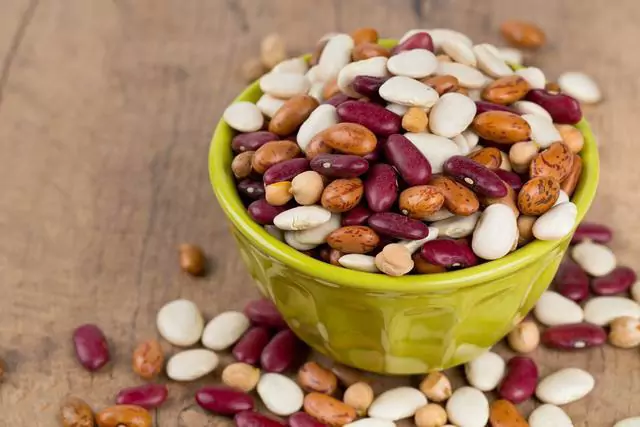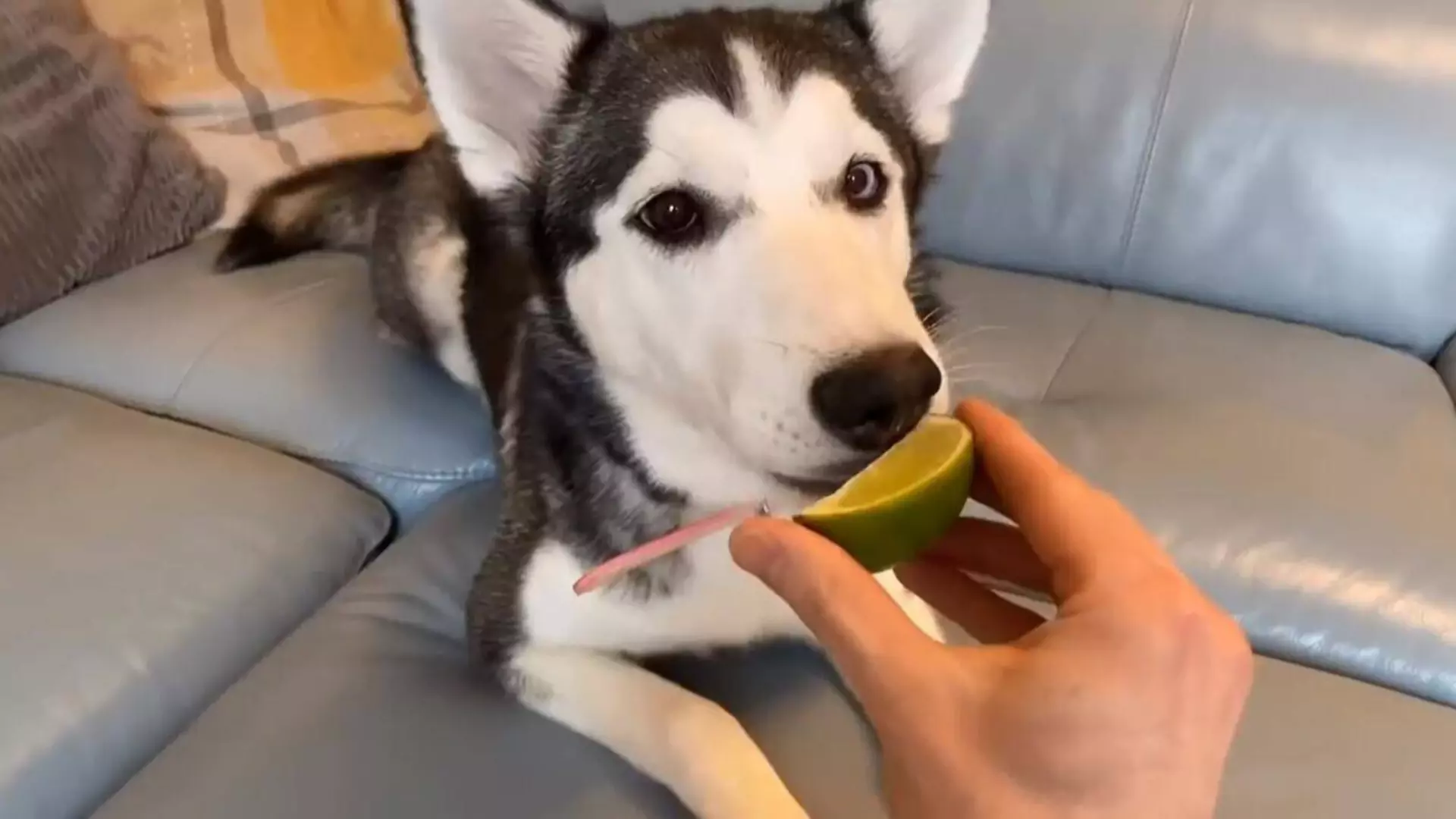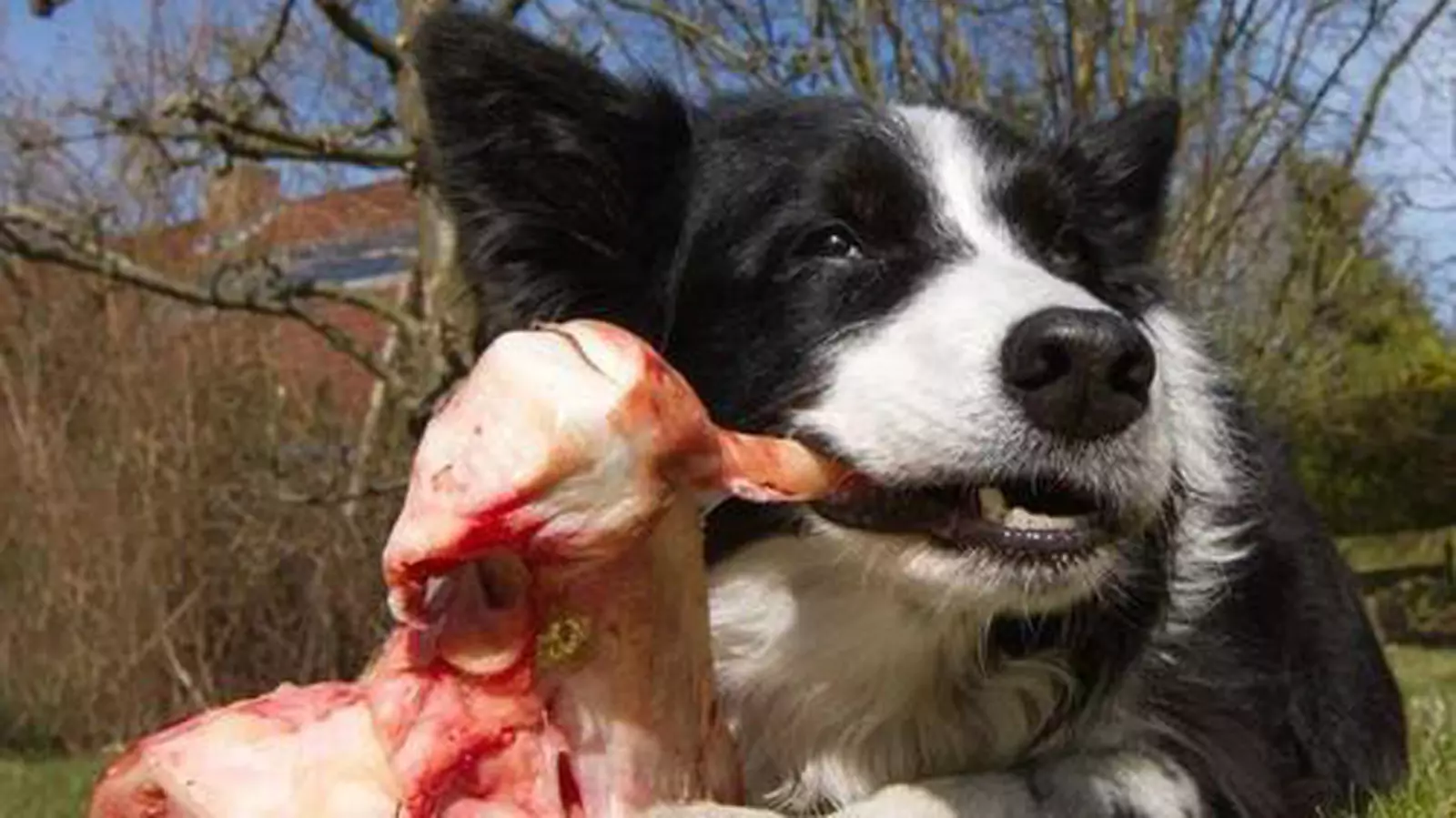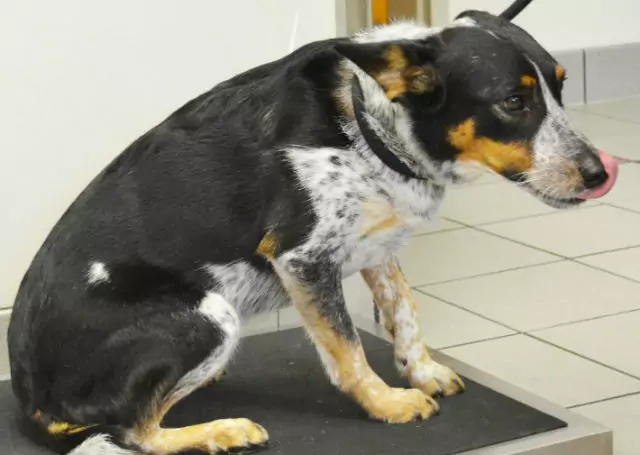Can dogs eat almonds? Can dogs eat nuts? Are nuts and seeds bad for dogs?
2022-06-17
Even if your dog's bowl is full of food, he will still come to your site as long as you have food in your hand and are seen by him. But when feeding your dog food, we must know whether the food in your hand is suitable for your dog to eat. Almonds are a favorite for people seeking a healthy lifestyle and are recommended by nutritionists as the best choice. Almonds can help you lose belly fat and promote heart health.
I. Can almonds be a snack for your dog?
Can dogs eat almonds?
Yes. But not all almonds are suitable for dogs. The best choice is plain, unsalted almonds - raw or roasted. Remember to pay attention to the size of the almonds to avoid clogging your dog's esophagus, especially in small dogs, and don't feed too many at once.
Chopped or sliced almonds, almond flour, and almond butter without added sugar or xylitol are all good choices if you plan to make baked treats for your dog. Especially if your dog is allergic, you'll have to choose gluten or gluten-free treats.
In fact, the sweet almonds we buy at the grocery store are safe to eat, but unprocessed bitter almonds are deadly because they contain hydrocyanic acid. Often, it only takes 7 to 10 unprocessed bitter almonds to endanger lives. Of course, the toxins in bitter almonds can be removed by roasting or boiling them.
II. Can dogs be poisoned by almonds?
In fact, even nuts that are safe for humans can be toxic to dogs. Macadamia nuts can cause temporary weakness, vomiting, and diarrhea in dogs; walnuts and pecans, for example, are not toxic in themselves, but many veterinarians recommend that dogs consume them because the moldy shells produce a chemical that is toxic to dogs. Although almonds do not contain any substances that are toxic to dogs, there are some precautions to take when feeding them.
Salt and seasoning
Almonds now come in many flavors, and as we all know, chocolate is toxic to dogs, so we should not offer chocolate almonds to dogs
Excess salt, sugar, and artificial sweeteners are harmful to dogs. Some brands of almonds add xylitol to reduce the sugar and calorie content. Xylitol is a substance that is harmless to humans but toxic to dogs. Sodium is normally required in a dog's diet, but consuming too much of it can be harmful; and the most common consequence of consuming too much salt is dehydration, which can also lead to sodium toxicity. Symptoms include vomiting, lameness, lethargy, and seizures.
Three: How do dogs eat right?
Esophageal obstruction
Dogs do not chew as well as humans, so owners of small dogs should be alert when it comes time to feed almonds. For large dogs, this is not a big deal. But for small dogs, because their throats can be small, be sure to slice the almonds thinly or break them up in your hand and hand them to your pup.
Calories
It's important to pay attention to your dog's overall diet. Too many calories can cause your dog to produce too much fat, and too much fat can turn into obesity. This can put extra stress on your dog's bones and joints, and can also lead to more serious problems such as heart and liver disease. A dog's caloric needs will vary depending on breed, age, activity level, and current weight, so it's best to consult your veterinarian for advice on your dog's health.
As a general rule, a dog's diet should be controlled as follows: 90% of calories should come from meals and 10% should come from snacks. And almonds are not the best choice for keeping calories low, as 28.35 grams of almonds contain about 130 calories. If you want to keep your dog slim, other snack options are recommended, such as blueberries (85 calories/cup) or a hard-boiled egg (70 calories/each).
Almond butter and peanut butter
If you want to swap your dog's peanut butter for almond butter sauce, you may want to consider a few things. Both types of butter are safe for dogs, and they both contain about the same amount of calories and sugar. And almond butter contains more vitamin E, iron, calcium, and fiber than peanut butter.
Almond butter is often considered a healthier choice than peanut butter, but whichever you choose, be sure to pick one that doesn't contain xylitol or added sugar like many nut jars of butter.
Like most foods, almonds are one of those foods that dogs can eat, but not in excess. If you're worried that you're feeding your dog almonds, the best thing to do is to take your dog to the vet and seek veterinary help. The vet can also be consulted on how to feed and ration the food so that the owner has no worries.
Fourth, can dogs eat nuts?
Can dogs eat nuts, it depends on the situation to determine. Most of the nuts for dogs are harmless, common peanuts, almonds, and cashews, we can feed a little discretion to the dog, but it is best to choose not processed nuts. In addition, when feeding the owner should be careful to feed discretion, because according to the ASPCA, the high-fat content of nuts may cause vomiting and diarrhea in dogs.
In addition, some types of nuts are not suitable for dogs, and owners should be careful not to feed macadamia nuts and black walnuts to their dogs. According to Dr. Martha Glynn, DVM, clinical nutrition at Red Bank Veterinary Hospital, these two types of nuts contain ingredients that are toxic to dogs and can cause hypoglycemia, muscle cramps, and even kidney failure in dogs. Overall, dogs can eat nuts, but the type of food and the portion size needs to be strictly noted.
V. Can dogs eat seeds?
Similar to the case of nuts, dogs can eat some types of plant seeds. Common plant seeds like melon seeds, sesame seeds, and watermelon seeds can be peeled and given to dogs in small amounts. However, the seeds and kernels are different, common cherries, peaches, plums and avocados and other fruits over the river if swallowed by the dog by mistake, may allow the dog to have poisoning or choking hazard.
Six: Are nuts and seeds bad for dogs
Some types of nuts and seeds are dangerous for dogs, but even nuts and seeds that are acceptable to dogs can be hazardous to their health, depending on the individual dog. For example, for dogs with sensitive stomachs or conditions such as pancreatitis, just nuts can cause diarrhea and vomiting. Moldy nuts can affect the dog's nervous system and may lead to seizures.
Some nuts themselves do not contain toxicity, but their excessive size is also a danger to dogs. For example, such as pecans, such as large nuts, the size alone may block the dog's throat, leading to choking or blocked gastrointestinal tract caused by indigestion.
In short, when feeding dogs owners need to pay special attention to the point of moderation. Any food eaten in excess may become a burden. Now many pet owners like to use peanut butter to help with medication, but peanut butter is very high in calories, and poorly controlled intake can easily cause obesity in dogs. Therefore, before feeding, the owner had better understand the amount of feeding and then feed the dog.
VII. About whether nuts are good for dogs?
There is still very much a debate. Nuts contain Omega-3 fatty acids and protein that are lacking in most dog snacks, and there are some health benefits to dogs when consumed in moderation.
Can dogs eat nuts? Nuts are not necessarily beneficial, the right way to benefit your dog from them
But nuts are, after all, a portion of high-calorie food and are not recommended for use in a nutrition plan, even as a snack and should not be eaten in excess. Owners who can't resist the begging eyes of their dogs can feed them a bite or two, but if it's a long-term snack, perhaps you should look for a more scientific approach to pet ownership.
Was this article helpful to you?
Other links in this article
Deutsch:
Dürfen Hunde Mandeln essen? Dürfen Hunde Nüsse fressen? Sind Nüsse und Samen schlecht für Hunde?
Nederlands:
Mogen honden amandelen eten? Mogen honden noten eten? Zijn noten en zaden slecht voor honden?
Polskie:
Czy psy mogą jeść migdały? Czy psy mogą jeść orzechy? Czy orzechy i nasiona są szkodliwe dla psów?
português (Brasil):
Os cães podem comer amêndoas? Os cães podem comer amêndoas? As nozes e as sementes são ruins para os cães?
Comments

Is a dog's mouth cleaner than a human's? Dogs' mouths need regular cleaning

Can dogs eat beans? Do dogs eat beans for health?

Can dogs eat lemons? Fruits that dogs should not eat more of

Do dogs have nightmares? Are dogs' dreams similar to humans'?

Can dogs eat raw beef? The benefits and drawbacks of beef for dogs

Is raw meat good for dogs? Can dogs eat raw chicken?

Can dogs eat pomegranates?

Can dogs eat ham?Can all types of ham hocks be eaten?

How to give a dog a bath

Can dogs eat kimchi?








